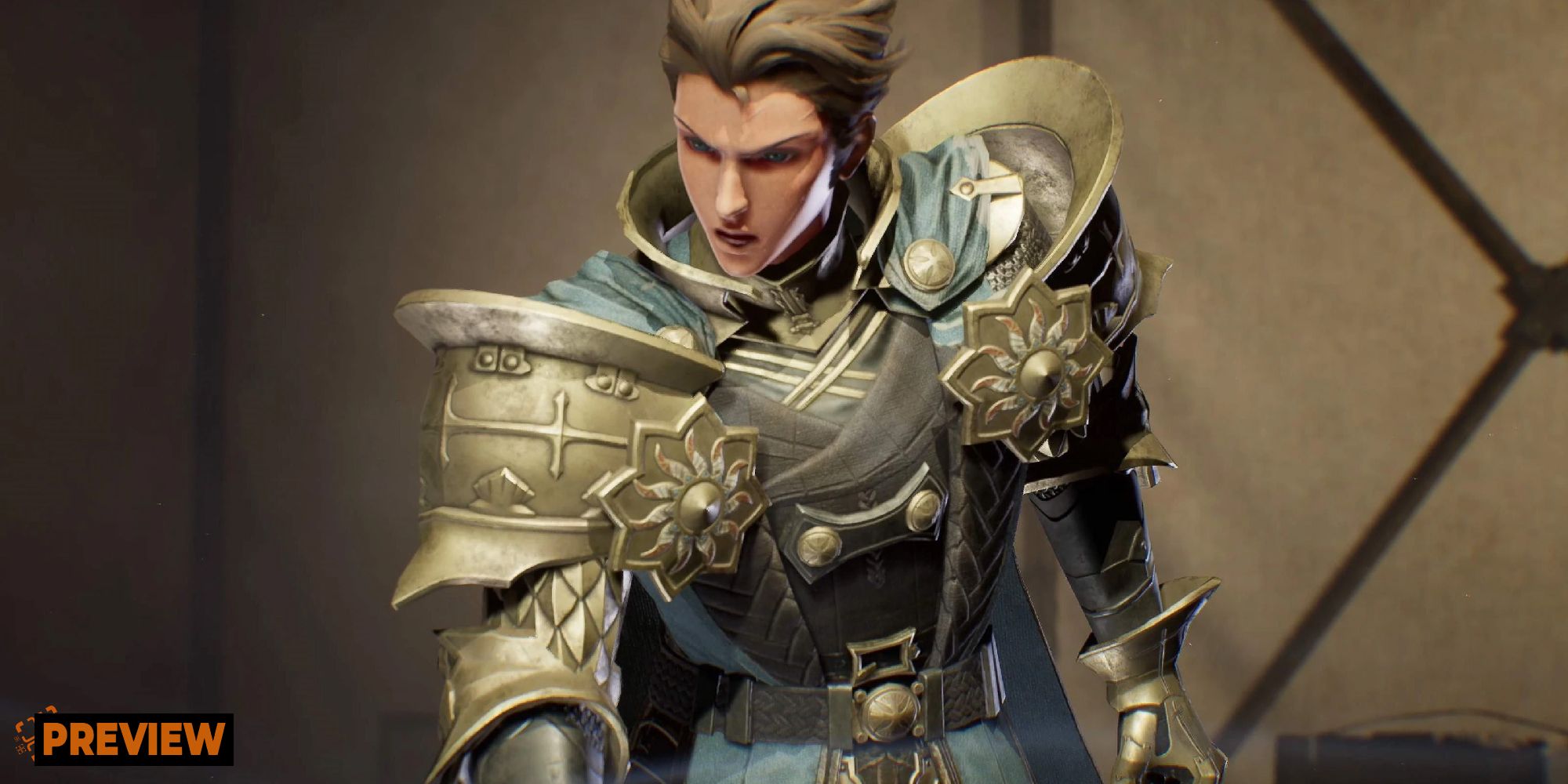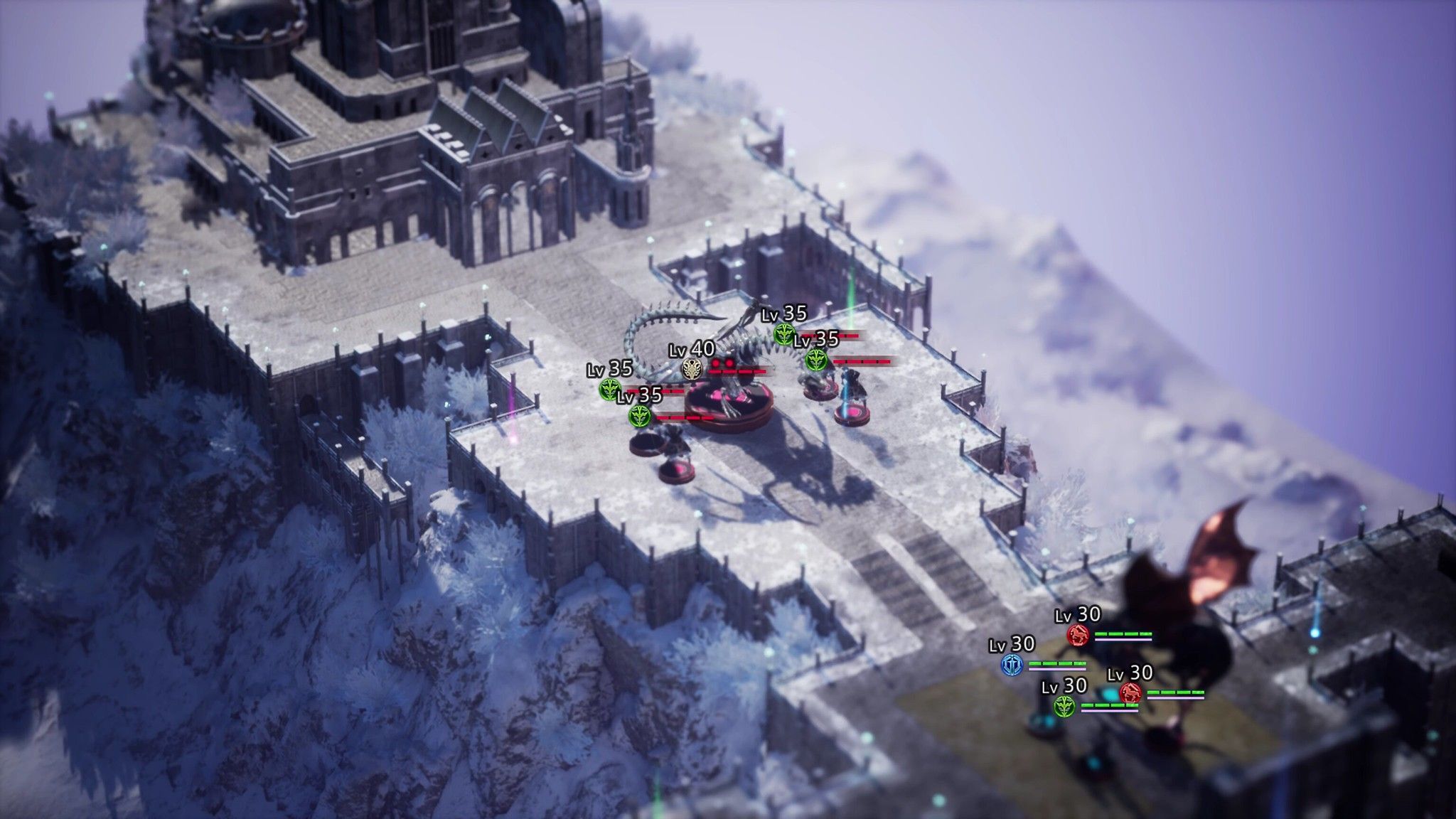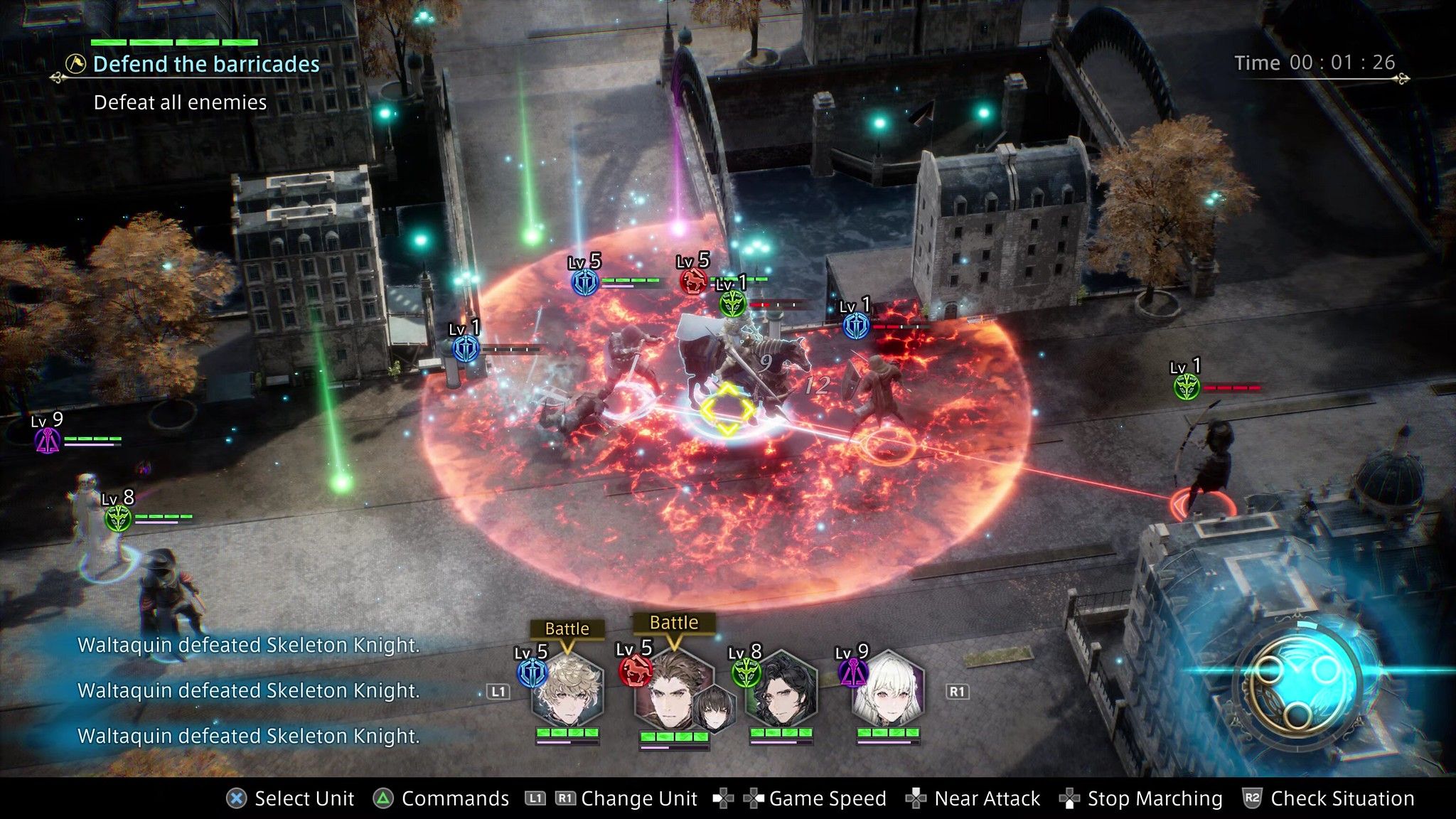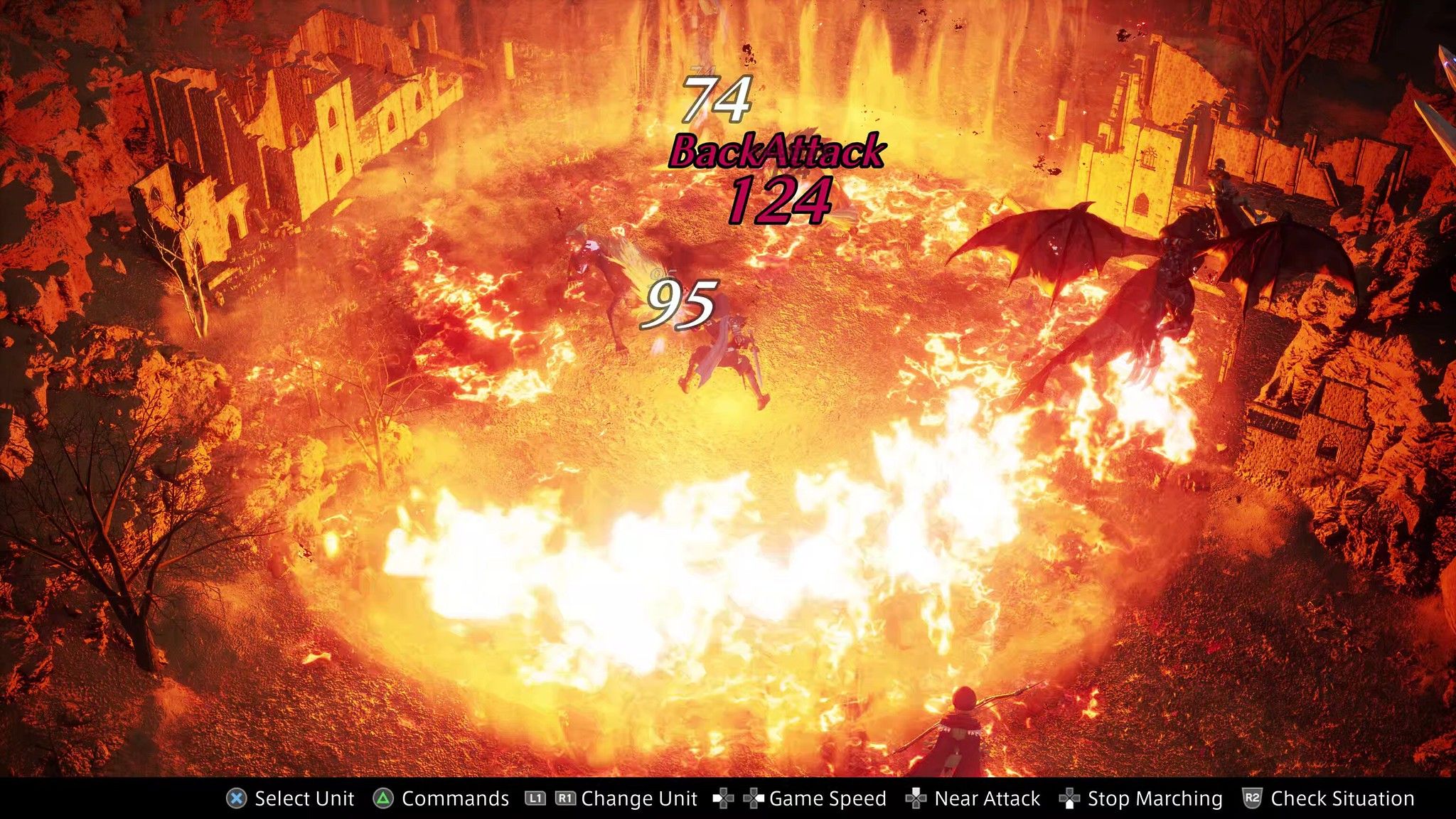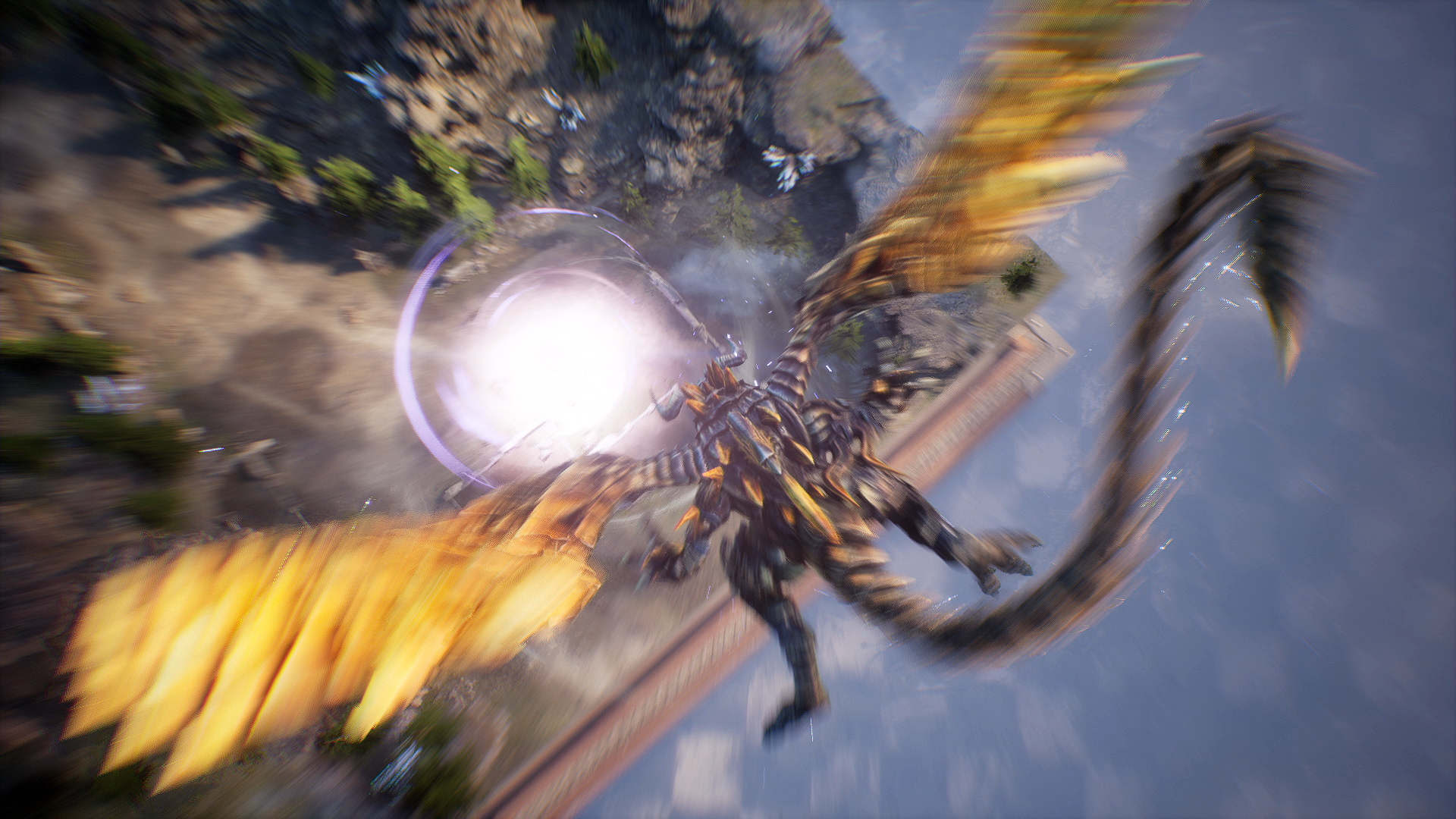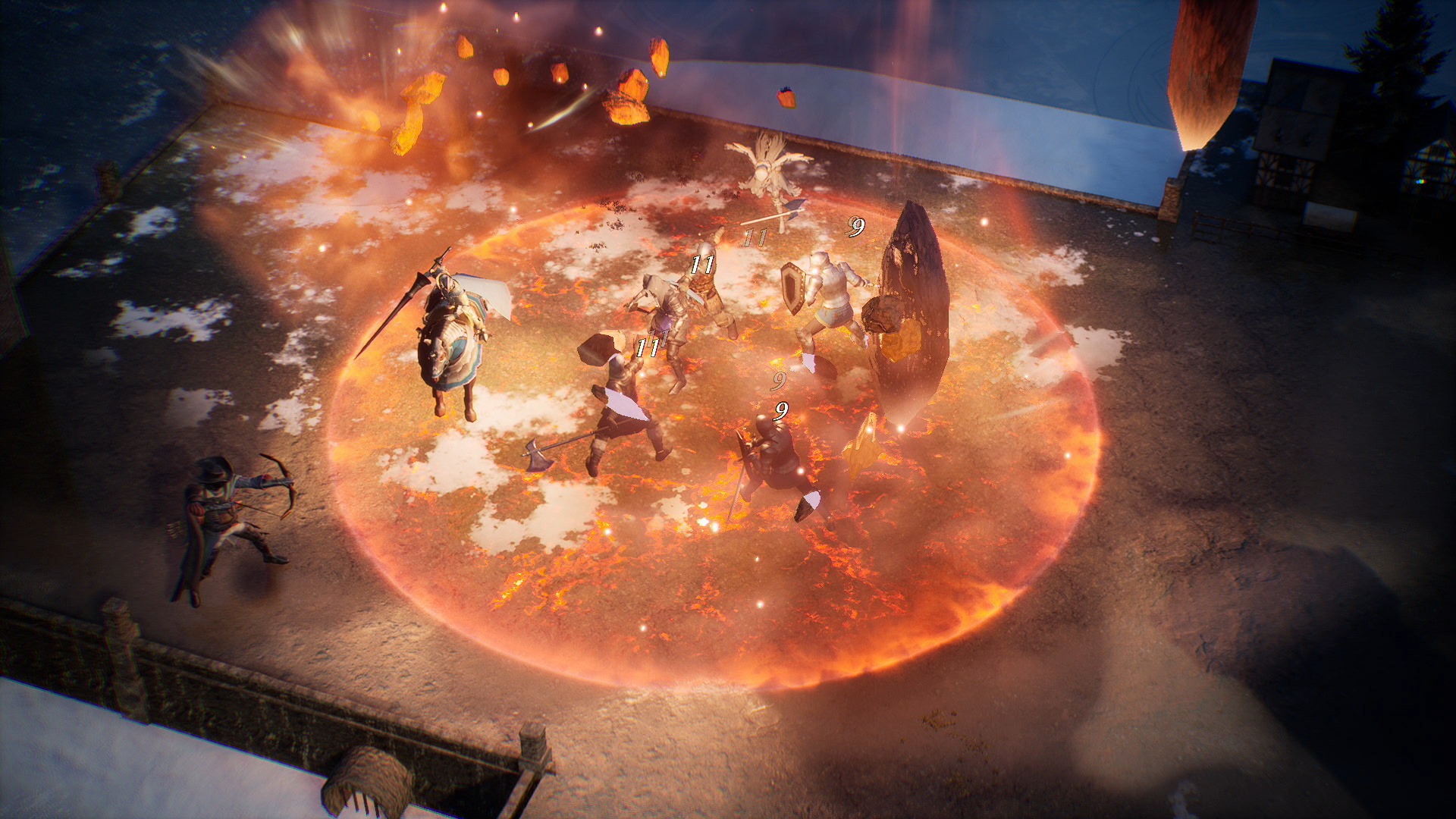DioField Chronicle is one of a few JRPGs that have seemingly come out of nowhere in recent months. Alongside higher budget affairs like Final Fantasy 16 and Final Fantasy 7 Remake, Square Enix is also willing to dabble in humble remasters and smaller projects that don’t push the genre forward, but instead explore it in fundamentally different ways.
Not all of these experiments are going to find success, but the fact they even exist in the first place is something we need to appreciate. Smaller games like this are few and far between nowadays, with Square Enix choosing to focus on a few global blockbusters and blockchain bullshit instead of capitalising upon the legacy it has spent building while selling off major properties like Tomb Raider and Deux Ex for pittance. Yep, I don’t quite understand it either.
DioField Chronicle has a demo launching later this week that includes the first few hours of the game, providing a comprehensive glimpse into the world, characters, and mechanics we can expect from the full experience next month. I’ve spent the last couple of days dipping into this TRPG, and I find myself both enamoured and conflicted at everything it seeks to accomplish. But hey, at least it’s something new.
Taking place across a fantastical war-torn continent, the game’s characters hail from the Kingdom of Alletain, a humble province that finds itself trapped in the midst of a raging war between the Trovelt-Schoevian Empire and the Rowetale Alliance. This is your typical fantasy fare with all manner of proper nouns and incomprehensible names, with DioField Chronicle failing to ignite much interest with its rather pedestrian storytelling and safe approach to its mixture of character dynamics and political machinations.
It could get more interesting, but right now it’s missing the spark of chemistry that makes similar games so compelling. You’d hope this creative scarcity would be salvaged by a lovable cast of characters, but right now I’m unconvinced. You’re a member of the Blue Foxes, an independent mercenary group operated by a wealthy duke with the resources to operate outside of state and crown. This is a cool idea, but instead of exploring how we come to be a part of the troupe it’s glazed over in a cutscene right before a timeskip throws us into the thick of things. As a consequence it all feels rushed.
Choosing to bombard us with tutorials instead of taking time to introduce characters and their motivations in a game like this is never the right move, and DioField Chronicle falls victim to the very worst of these common mistakes. It’s a shame, because the overall aesthetic and stylistic approach to everything else is rather stunning, like a cross between Three Houses and Bravely Default with an approach to environmental design that makes each new battlefield feel like a handcrafted diorama you can almost reach out and touch.
The hub area you explore between missions doesn’t carry any of that intimate charm. It’s a fairly bland collection of courtyards and corridors filled with the usual array of merchants you’d expect from a game like this. Party members can be found scattered about the place ready to provide quests and extra nuggets of dialogue, but it all comes across as busywork instead of a place I’d want to spend time in before returning to the field.
DioField Chronicle is trying to be the Square Enix spin on Fire Emblem or Persona, but fails to understand the basic appeal of those games goes far beyond the core fundamentals. Without characters or narrative threads to care about the whole thing falls apart. I’m not saying the people I’ve met thus far are bad, I just have no reason to care about them. Names like Andrias Rhondarson, Fredret Lester, Iscarion Colchester, and Hezeliah Shaytham don’t help matters either. Makes me feel like I’ve accidentally stumbled into morning registration at a prestigious private school in the Surrey countryside. Jacob Rees-Mogg energy.
It’s far from perfect, taking the core ideas from games like Fire Emblem and Final Fantasy Tactics before seeking to deliver moment-to-moment action that is entirely different. Battles unfold in real time as units move at a glacial pace across the battlefield, awaiting commands from their invisible overseer before enemies close in on your position. All units can be controlled simultaneously, or you can switch between them with a press of the shoulder button to enact more specific orders and execute abilities unique to each character.
The cadence of combat threw me off at first, but I quickly came to appreciate how it tries to be different from those that came before it. Its real-time nature means you are constantly on alert, establishing a rhythm of movement, attacking, and progressing the mission all while making sure the enemy never gets on top of you. It’s tough, and the controls can be rather fiddly as you’re jumping between units and making sure everyone is in the right place at the right time or risk it all falling apart. I had allies bite the dust more often than not because I wasn’t being patient enough, or considering the strategy involved in each small decision.
You will need to pull characters back from the fray to heal them up or apply buffs, while making sure skills are performed at the right time to deal the most damage possible. Positioning also matters, with damage dealt changing depending on whether a foe has noticed your presence or you happen to be up close, far away, or perhaps even attacking from higher ground. There’s more than enough depth and strategy here, while larger summon spells like Bahamut lend proceedings a much-needed spectacle.
The majority of characters can be upgraded through a sprawling skill tree, while the usual collection of weapons and armour can be purchased from merchants to gradually increase the party’s member with each new mission. Even in the demo I felt a distinct amount of progress being made, but it’s all so predictable in the grand scheme of things. The end of each mission, except those that move the core narrative forward, will see you return to the hub area to lick your wounds and reconvene with allies. Once a new objective is accepted you gather round the war table and prepare for the next big adventure.
Aside from its creative spin on strategic combat, DioField Chronicle isn’t offering much we haven’t seen done better elsewhere with far more imagination and ambition. Unfortunately, gorgeous art direction and a fun twist on gameplay tenets isn’t quite enough for me to fall in love with a JRPG that right now feels awfully stale compared to so many other gems out there. Regal, overbearing traditional fantasy has never been my thing, and Square Enix is leaning into that identity and seems to have no interest in leaving it behind.

